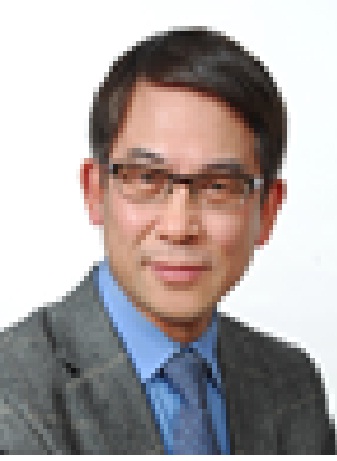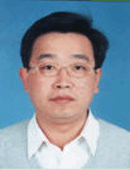Thursday, October 25th, 8:30-9:55am
How are Chinese clinicians, researchers, hospital healthcare officials, academia and government agencies incorporating translational medicine into the research process and practice? What agencies and institutions are at the forefront of this effort, and which areas of medicine are likely to benefit first? This panel will provide an overview of China’s translational medicine landscape and highlight U.S. and European programs that could serve as strong models for China.
Moderator:
- Li Qing, Director, Medicines Science and Technology Development Center, Ministry of Health
Panelist:
- Bai Chunxue, PhD, Professor of Medicine and Chief of Pulmony Medicine, Zhongshan Hospital, Fudan University
- Duan Junguo, Director, National TCM Clinical Experiment Research Center (Chengdu), Vice-Director, Affiliated Hospital, Chengdu University of TCM
- Katherine Ku, Director, Office of Technology Licensing, Stanford University
Who's Who
 |
Bai Chunxue, PhD Dr. Bai was trained at Beijing Union Medical College and Shanghai Medical University. He was a Postdoctoral Research Fellow at University of California, San Francisco, USA, from 1997 to 1998. He is the Director of Respiratory Research Institute, Fudan University, Professor and Chairman of Department of Pulmonary Medicine, Zhongshan Hospital, Fudan University. Dr. Bai also serves as President of Shanghai Respiratory Association, Vice President of Chinese Respiratory Association, International Regent of ACCP, and National Delegate of People's Republic of China of ERS. He is founder and Chairman of the International Symposium on Respiratory Diseases, which has become one of the largest and leading respiratory conferences in Asia and China. Dr Bai is a world-recognized scientist through his scientific contributions to understanding the pathogenesis of and therapies for ARDS, COPD and lung cancer. He developed a fiberoptic fluorescence oxygen and pH sensor for real-time blood gas analysis. Dr. Bai is known for his pioneering work of a cell phone-based remote monitoring system for lung function and has been included in Who’s Who at ATS. He has authored more than 370 papers, including 70 papers in SCI indexes and 30 book chapters. |
 |
Li Qing Mr. Li Qing is responsible for compiling the Development Plan for Medical Science and Technology during the “Twelfth-Five Year Plan” period; assisting and organizing to implement two national key science and technology programs, “New Drugs Innovation and Development” and “Major Infectious Diseases”; initiating special scientific research programs for medical health industry in 2010 and 2011; organizing to disseminate the applicable health technologies; taking charge of the management and coordination of the remote continuing education for health industry; assuming the work of the Health Industry Teaching Material Management Office; and providing technical service and agency service concerning medical health industry. Mr. Li was chief of the Industry Development Department of China National Center for Biotechnology between 2007 and 2010, associate research fellow of the Policy Coordination Department of China National Center for Biotechnology between 2002 and 2007, appointed assistant to director of Tianjin Municipal Science and Technology Commission between November 2006 and June 2009, in charge of the preparatory work for establishing “National Bio-Medicine International Innovation Park” and “Tianjin International Joint Academy of Biotechnology and Medicine”. Before this, he was assistant research fellow of the Gene and Cell Engineering Department of China Bioengineering Development Center. Li Qing graduated from the Department of Biology of Nankai University, majoring in plant physiology and ecology. |
